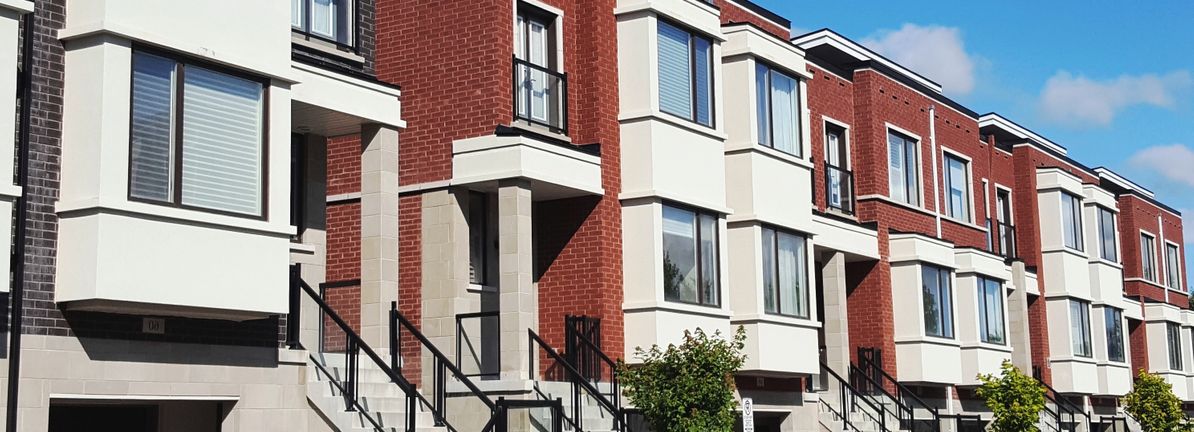D
eciding whether to buy or rent a home is a complex process that involves more than just data analysis. While lists and calculators can provide a starting point for prospective buyers, they often oversimplify the decision-making process. Housing Market Decoded, authored by economists and market experts, offers valuable context to help make sense of the numbers.
In today's housing market, where home prices continue to rise, many prospective buyers are left wondering if the math adds up, especially when compared to renting. However, the decision to buy or rent should ultimately be guided by an individual's personal finances and priorities.
Realtor.com's July 2024 rental report showed that renting is more affordable than buying in every one of the nation's 50 largest metros. Bankrate's analysis reached the same conclusion, while ATTOM Data Solutions provided a glimmer of hope for prospective homebuyers, showing that renting is a better deal than buying in only 10% of local markets across the country.
The data on the "buy or rent" question has shifted significantly in recent years. Mortgage rates and home prices have increased, making buying more expensive, while record numbers of new apartments have come onto the market, easing rents. However, there are many factors to consider when deciding whether buying or renting is better financially, and the situation will vary for individuals.
While lists comparing buying versus renting can be interesting to read, they are not very useful for individual decision-making. These metropolitan-level estimates typically use one median value for home prices and rents, which does not account for the wide variation in housing costs across a region. Additionally, these simplistic calculations do not factor in upfront costs associated with buying a home, the time horizon for ownership, or additional maintenance expenses associated with homeownership.
Online buy-versus-rent calculators allow consumers to input more personalized, detailed information to see the tradeoffs between buying and renting. These calculators are available from various sources such as banks, credit unions, real estate portals, financial planners, mortgage companies, personal finance media, and even AARP has a calculator. These calculators use consumer-provided data on home price, down payment amount, mortgage rate, closing costs, homeowners' insurance, property taxes, HOA/condo fees, expected home value appreciation, and expected tax benefits. On the renting side, the most comprehensive calculators use data on monthly rent as well as expected rent appreciation. The models then typically show how long an individual or family would have to live in a home to make buying a better financial decision than renting.
While these calculators can be part of the first steps for prospective homebuyers examining their options, they cannot calculate "pride." In a recent survey, the ability to make a home one's own, stability, and general "pride of homeownership" were the most important reasons renters gave for wanting to become homeowners. Homeownership is associated with better physical and mental health and better educational performance for children. Homeownership has also been shown to increase social and civic engagement. These are all factors that are difficult to include in a standard buy versus rent calculation.
Dr. Lisa Sturtevant has been involved in research on economic, demographic, and housing market issues for more than 20 years. She is currently the Chief Economist at Bright MLS, where she leads research and forecast activities for Bright and serves as a thought leader on the housing market. The views expressed in this column are solely those of the author.













